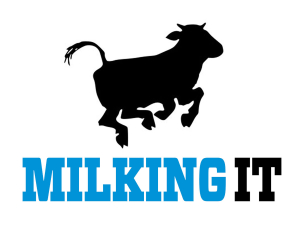OPINION: Rural communities should take their advice from health professionals, not Greenpeace, says Federated Farmers.
The farmer lobby’s comments came as Greenpeace offers free drop-in water testing in Taranaki and Waikato. Greenpeace claims that there’s “a very real chance that nitrate contamination of drinking water in many rural areas impacted by intensive dairy is linked to cancer at lower levels than previously thought”.
Feds acknowledge that high levels of nitrates in water can cause harm, but they pull up Greenpeace on their scaremongering. The Ministry of Health has set a maximum acceptable value of 11.3mg/L for nitrate-N or 50mg/L for total nitrate in drinking water – miles above levels found in rural areas. As usual, Greenpeace don’t let facts get in the way of a good story!











